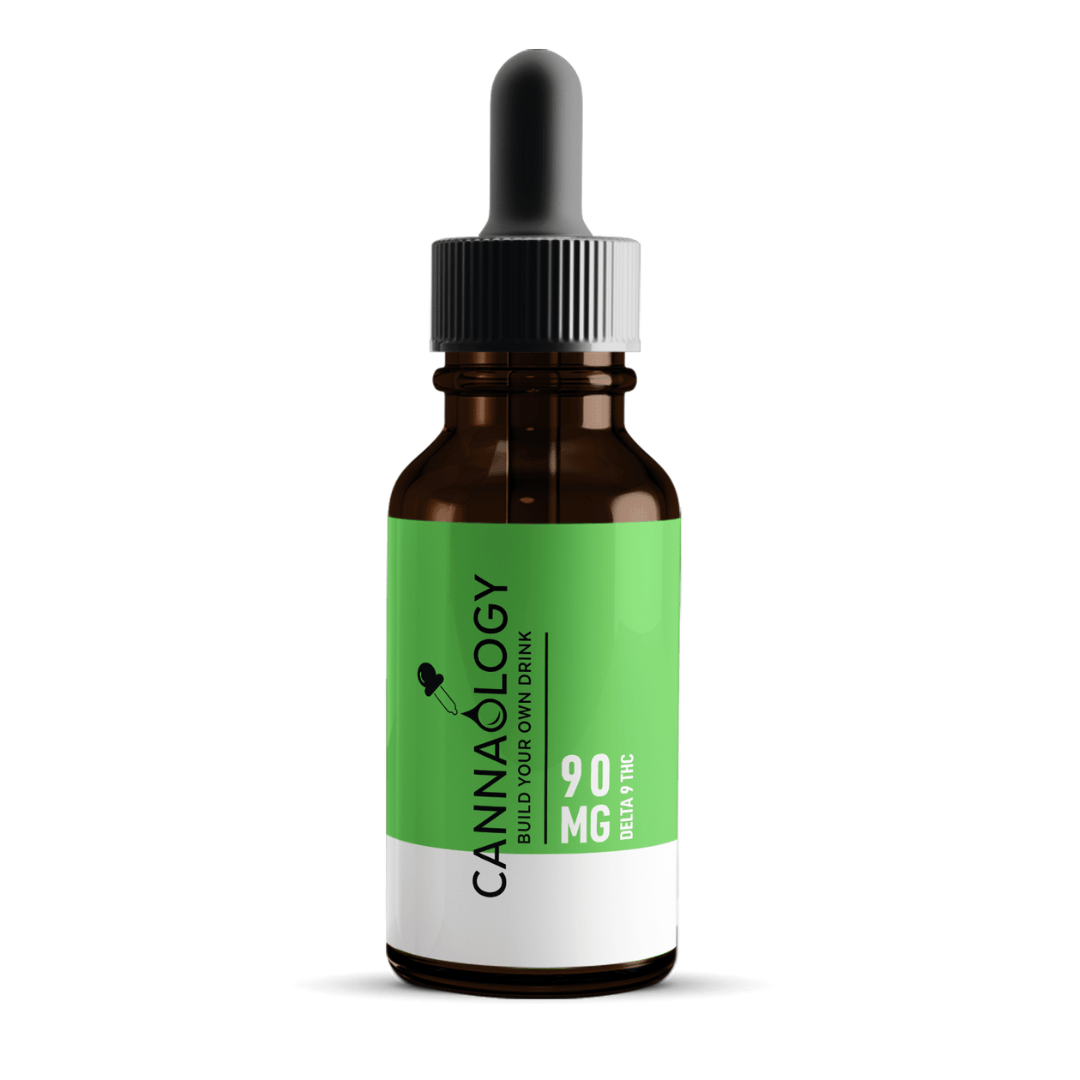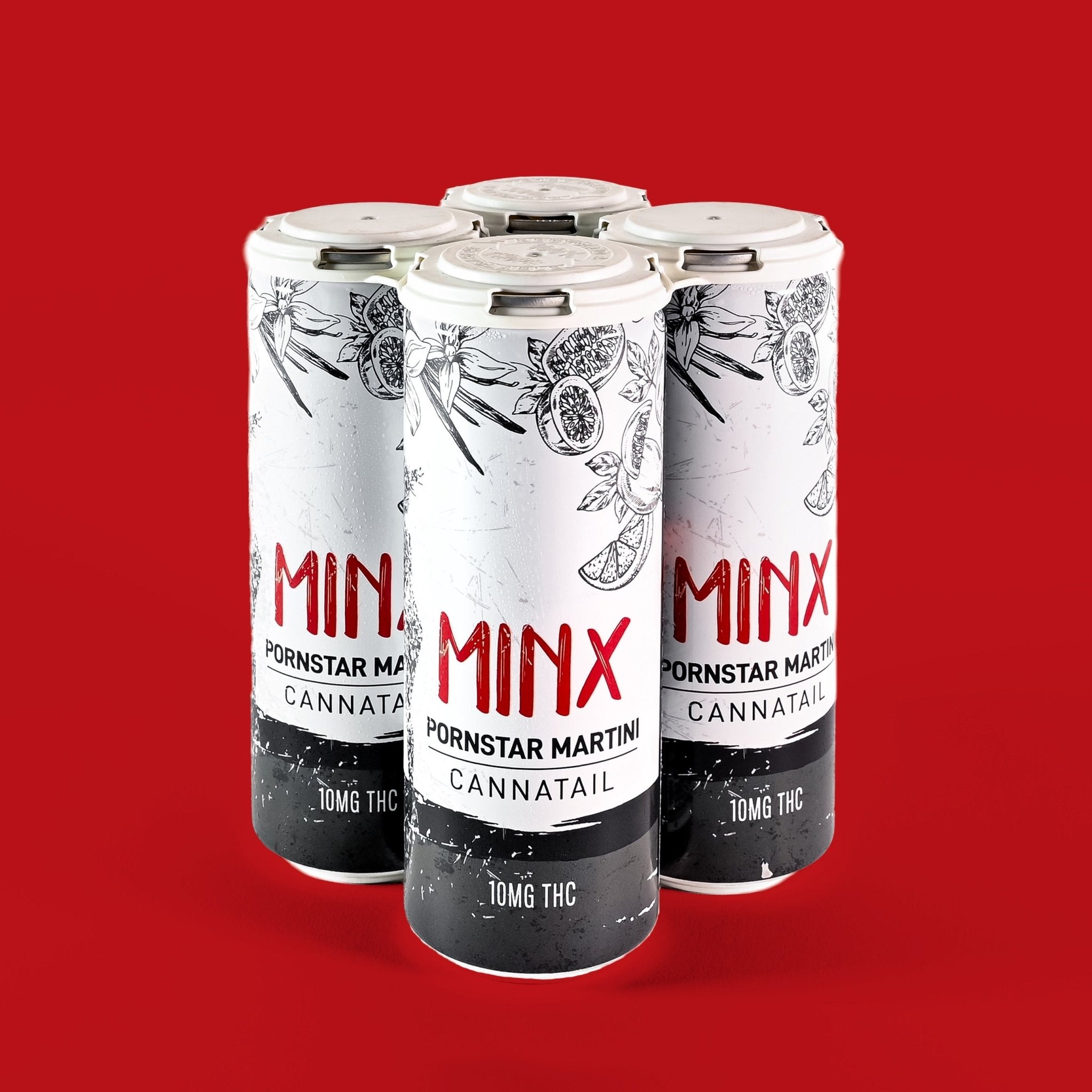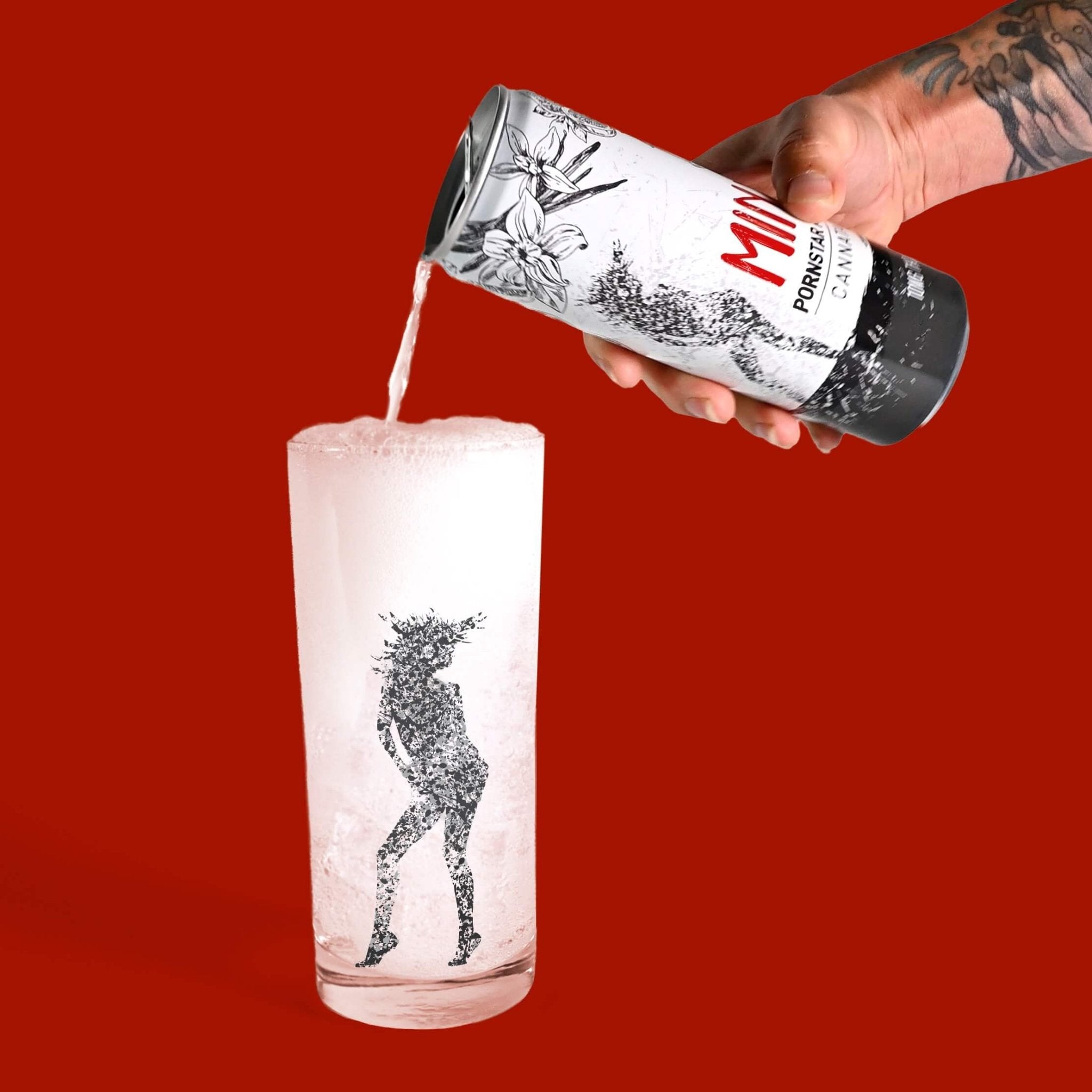The new bill should help state cannabis officials and prospective businesses meet the Spring 2025 deadline for launching the regulated adult-use marijuana sector.

Springtime is celebrated as a period of rebirth and new beginnings, as the cold and dark winter months give way to longer days, warmer temperatures, and the emergence of new life, both in plant and animal forms.
However, for advocates and supporters of the American cannabis industry, this time of year, in particular the date of April 20, serves as a period of celebration for those who love cannabis. In honor of the "4/20" marijuana holiday, cannabis businesses and passionate connoisseurs come together and pay homage to a flower that has meant so much to so many people for millennia.
For citizens of Minnesota, this specific 4/20 celebration could mark the last one before the state's adult-use cannabis market launches sometime next year at this time. Last May, Governor Tim Walz (DFL) signed Minnesota's recreational cannabis bill into law, making the North Star State the 23rd to legalize adult-use marijuana in the United States.
Since then, state officials, most notably those running the Office of Cannabis Management (OCM), have worked tirelessly to make that ambitious launch date a reality. To help assist in that monumental effort, the Minnesota House of Representatives passed a bill this week designed to speed up the process of getting potential retail dispensaries pre-approved for eventual operating licenses.
Approved by a slim but significant 69-62 voting margin, lawmakers voted to allow the OCM to begin issuing license pre-approvals as early as this summer. Advocates for the legislation say that the new measure will enable prospective licensees to begin securing funding, rent or purchase real estate, and take other steps necessary to get their businesses off the ground. However, the proposed measure would not allow them to grow or sell marijuana until the market officially launches commercially.
"A number of provisions in this bill are designed to expedite the process of setting up a good legitimate marketplace for cannabis to displace that illicit marketplace that's out there," said the bill's sponsor, Rep. Zack Stephenson, DFL-Coon Rapids.
"A number of provisions in this bill are designed to expedite the process of setting up a good legitimate marketplace for cannabis to displace that illicit marketplace that's out there."
- MN State Rep. Zack Stephenson, DFL-Coon Rapids
In addition to the pre-approved licensure process, the bill would also place the hemp-derived edibles market and the state's medical marijuana program under the OCM's enforcement purview. Currently, those responsibilities fall under the Minnesota Department of Health's umbrella. In fact, many of the measure's key components came as recommendations from OCM officials.
However, some Republican leaders are dissatisfied with a provision in the bill that changes the license eligibility process from a solely merit-based system for determining who can receive a license to a lottery method in case there are more qualified applicants than available licenses.
"This bill does some good, but it really doesn't fix much of anything on what's not going to work in the cannabis bill. It does a triple backflip handstand to try and shoehorn ideological positions that are not about a safe and functioning marketplace," Rep. Nolan West, R-Blaine, said.
"This bill does some good, but it really doesn't fix much of anything on what's not going to work in the cannabis bill. It does a triple backflip handstand to try and shoehorn ideological positions that are not about a safe and functioning marketplace."
- MN State Rep. Nolan West, R-Blaine
During the bill's debate process, West attempted unsuccessfully to change the requirements away from the lottery system and back to the merit-based system. However, in other states that utilized a selection process based solely on merit, the overall issuance procedures and market launches were severely hampered by lawsuits challenging the equitable nature of a meritorious system.
"The difference here between current law and the bill is moving from a more subjective scoring system under current law to a more objective sort of binary yes-no choice under this bill. And that's designed to make things smoother, clearer, less subject to litigation and have it happen faster," Stephenson said.
"The difference here between current law and the bill is moving from a more subjective scoring system under current law to a more objective sort of binary yes-no choice under this bill. And that's designed to make things smoother, clearer, less subject to litigation and have it happen faster."
- MN State Rep. Zack Stephenson, DFL-Coon Rapids
While Stephenson and other supporters of the new measure did not back down over including the lottery system for issuing licenses, they did compromise on a few GOP-led amendments to the proposed bill.
Those addendums to the legislation would require the OCM to study the impact of cannabis on minors, set an 18-month window for a licensed retail dispensary owner to use or lose their license, and establish additional benchmarks for getting the market up and running.
The Senate will soon be voting on a companion bill, which could set up potential negotiations on a compromise plan during the final month of the legislative session. Stephenson has said he would be open to discussing changes to the lottery system as part of that conference committee debate.
Regardless, both sides of the aisle appear committed to passing some form of the bill allowing for a successful launch of the adult-use cannabis market in Minnesota by the anticipated Spring 2025 deadline.






































